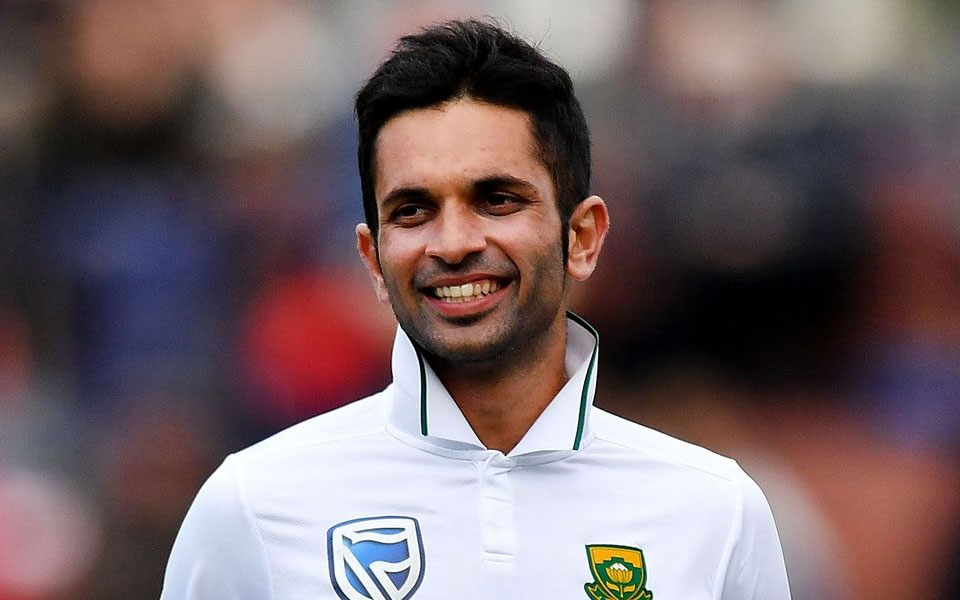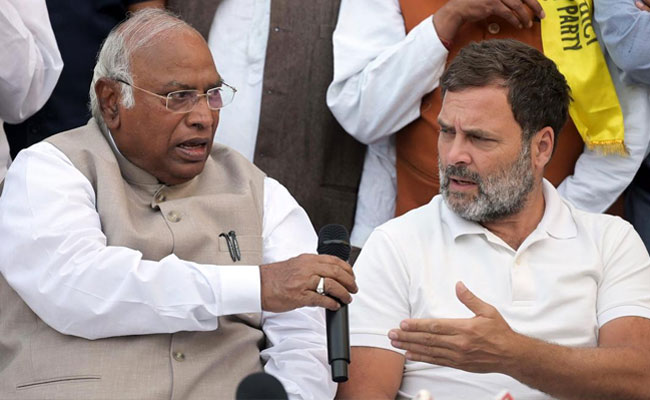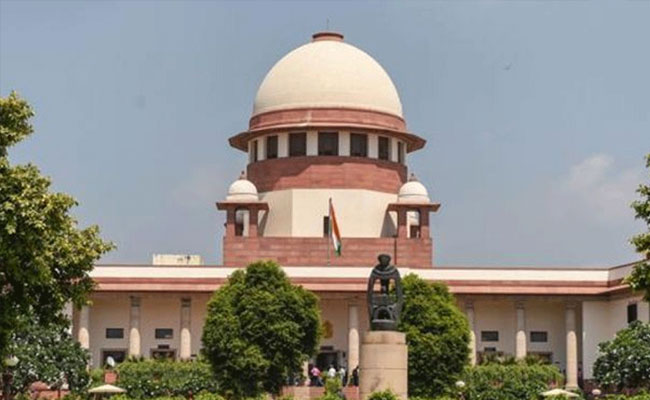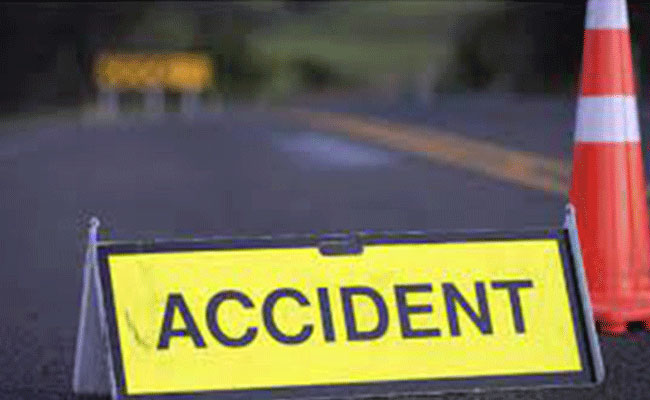Colombo, July 21 : South African spinner Keshav Maharaj on Saturday shattered a few records when he ripped through the Sri Lankan line-up in the first innings on Day 2 of the second and final Test at the SSC Stadium here.
Maharaj returned career-best figures of 9/129, to become the 19th overall and only the second South African after Hugh Tayfield to achieve the rare feat.
Tayfield achieved the feat in 1957, when he scalped 9/113 against England in Johannesburg.
Till date, only Englishman Jim Laker (10/53) and former India skipper Anil Kumble (10/74) have picked all 10 wickets in an innings of a Test match.
Maharaj, who ended the opening day with eight wickets, picked up his ninth when he packed veteran Rangana Herath's (35) to end the stiff 74-run last wicket stand with Akila Dananjaya (43 not out) as the hosts were bundled out for 338. His effort is also the best against the Islanders by any opposition bowler.
In reply, the South Africans were bundled out for a paltry 124 in their first essay, with Akila Dananjaya (5/52) and Dilruwan Perera (4/40) even as veteran Hashim Amla became the third Protea to notch 9,000 Test runs.
Let the Truth be known. If you read VB and like VB, please be a VB Supporter and Help us deliver the Truth to one and all.
New Delhi (PTI): The Congress on Friday said Leaders of Opposition Mallikarjun Kharge and Rahul Gandhi have not been invited to the banquet for Russian President Vladimir Putin, and took a swipe at its own MP Shashi Tharoor for accepting the invite.
Congress general secretary in-charge communications Jairam Ramesh said, "There has been speculation whether the Leader of the Opposition in the Lok Sabha and the Leader of the Opposition in the Rajya Sabha have been invited for tonight's official dinner in honour of President Putin. The two LoPs have not been invited."
Congress' media and publicity department head Pawan Khera accused the government of breaking protocols daily and not believing in democratic principles.
"There is no invite to both the LoPs, Mr (Mallikarjun) Kharge and Mr (Rahul) Gandhi. This comes as a surprise but I don't think we should be surprised. This government is known to be breaching all protocols. What else to say, ask the government," he told PTI Videos on the sidelines of an event.
Asked about party MP Tharoor getting invited to the banquet and accepting the invitation, Khera said, "Ask Mr. Tharoor. All of us who are in the party, if our leaders don't get invited and we get invited, we need to question our own conscience and listen to our conscience. Politics has been played in inviting or not inviting people, which in itself is questionable and those who accept such an invite is also questionable," Khera said.
"We would have listened to our voice of conscience," he added.
Earlier, Tharoor said there was a time when the chairman of the external affairs committee was routinely invited but that practice seems to have stopped from some years.
"It has been resumed ...I have been invited, yes. I will definitely go," the chairman of the Parliamentary Standing Committee on External Affairs said.
On the LoPs reportedly not getting an invite, Tharoor said, "I don't know on what basis invitations were sent. I think the custom that usually used to be followed was for a wide representation. Certainly, I remember in the olden days, they used to invite not only the LoPs, (but) various other cross section of representatives of different parties. It conveys a good impression."
"I dont know the basis (of invitation), this is all done by the government, by the protocol by the Rashtrapati Bhawan, what do I know. All I can say I have honoured to have been invited. Of course I will go," Tharoor told reporters in the Parliament House complex.
Gandhi on Thursday had alleged that the government tells visiting foreign dignitaries not to meet the Leader of the Opposition due to its "insecurity".
His remarks had come hours ahead of Putin's two-day visit to India.
Gandhi had said it is a tradition that visiting foreign dignitaries meet the LoP but Prime Minister Narendra Modi and the Ministry of External Affairs were not following this norm.
"Normally the tradition is that those who come from abroad have a meeting with the LoP. This used to happen during (Atal Bihari) Vajpayee ji's time, Manmohan Singh ji's time, it has been a tradition but what happens these days is that when foreign dignitaries come and when I go abroad, the government suggests to them to not meet the LoP," Gandhi had told reporters in Parliament House complex.



_vb_09.jpeg)

